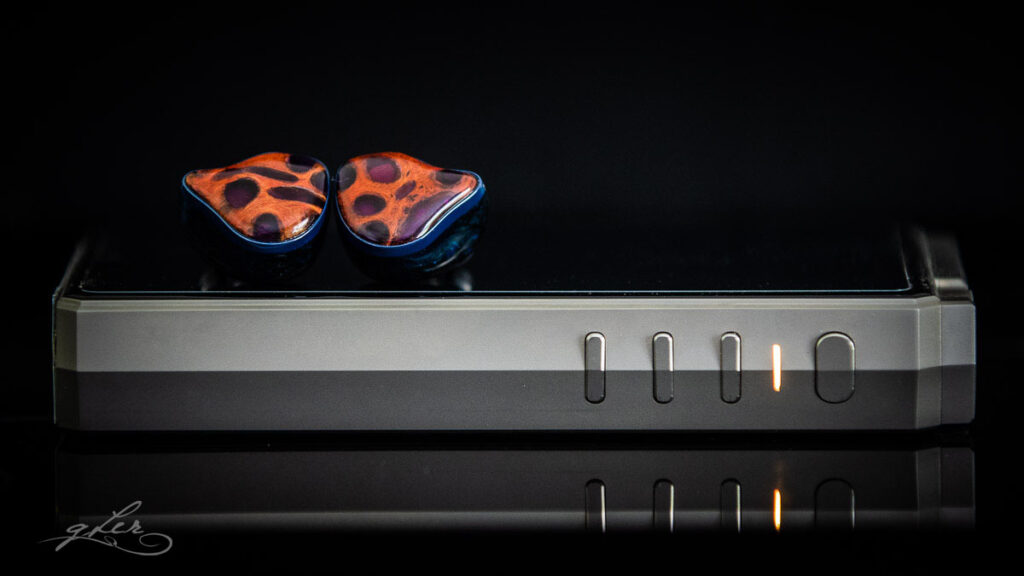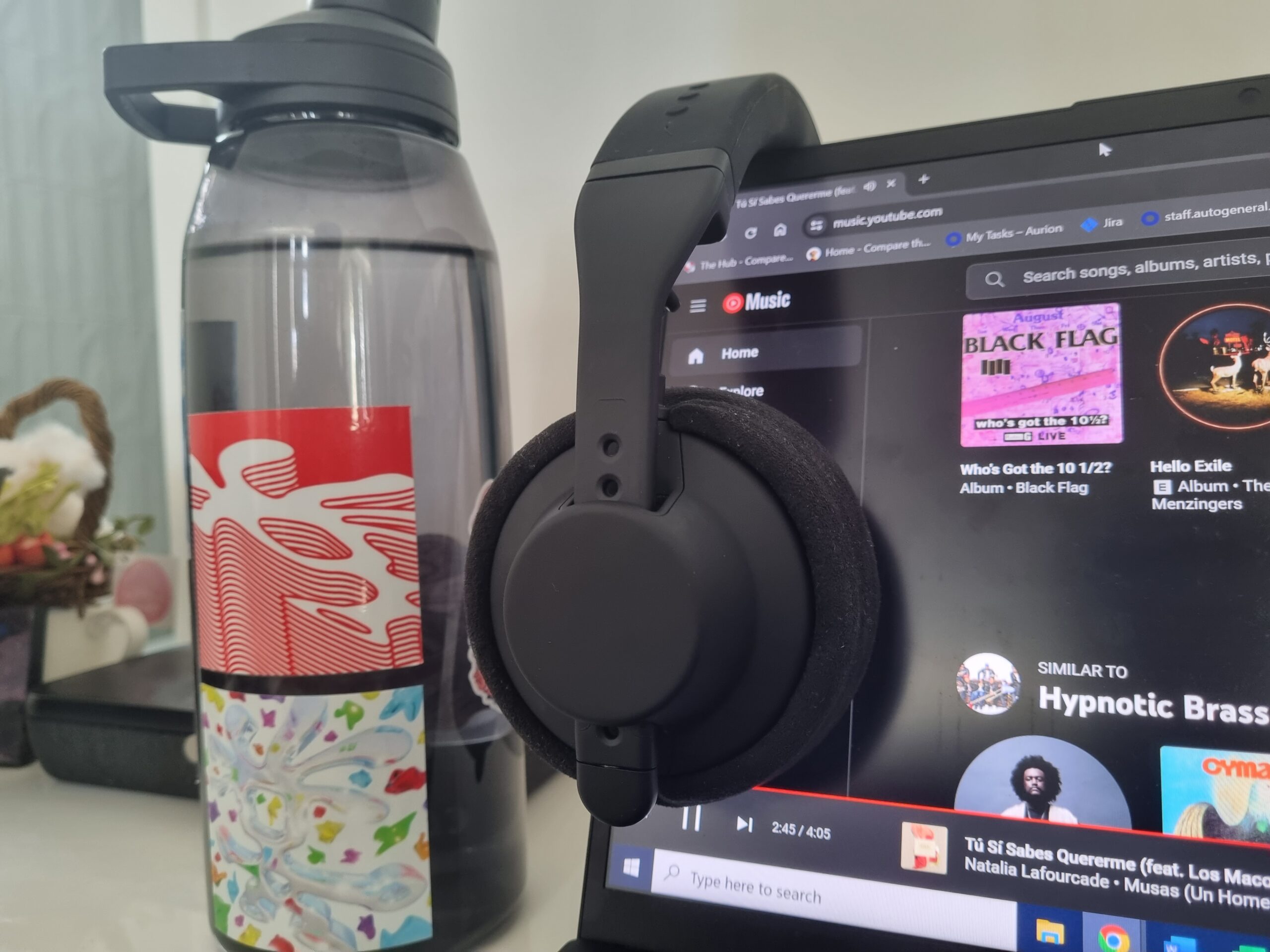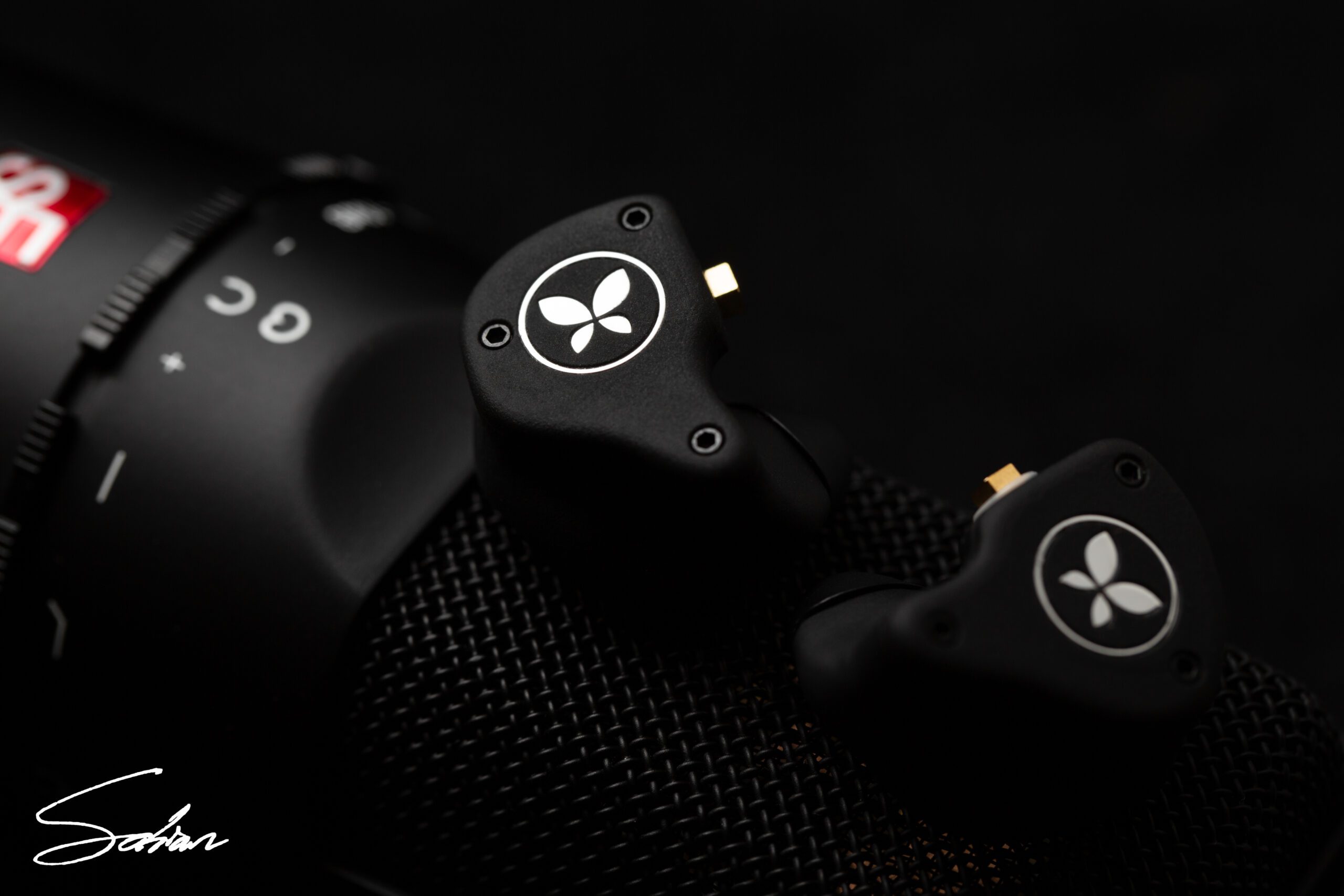Select comparisons
FiR Audio Xe6 ($3,900). The universal version of FiR’s Frontier Series flagship is almost the diametric opposite of Mentor tonally. Where Mentor is balanced and closer to neutral, Xe6 is unabashedly (mid)bass and lower-mid boosted, with a thick, warm sound that emanates across the FR regardless of what’s playing. Xe6 is earthy and organic compared to Mentor’s ultraclean precision, though technically the two aren’t worlds apart, Xe6 being highly technical in its own right.
Subjectively, Mentor is probably the ‘easier sell’ to most people, sounding more ‘tonally correct’ than Xe6. Even those that absolutely love Xe6 will openly admit it’s an acquired taste, but like any extreme dish, if that’s what you love, mostly everything else will be bland by comparison. That’s where Xe6 is more of a ‘specialist’ IEM that simply doesn’t work with some genres (like lower midrange-dominant music), whereas Mentor is more of a generalist that works with everything, but especially fast-paced electronic music.
Even though I consider Mentor exceptional with electronic music, Xe6 would be my pick for EDM – I prefer a bass focus to treble focus, always – and for anything with real instruments where dynamic driver texture and physicality is required. Vocal jazz, indie and soundtracks are also better served by Xe6 in my opinion.

Sony IER-Z1R ($1,799). It’s getting long in the tooth now, but Sony’s flagship is still the pick of the bunch for me for most of the music I listen to. Technically it doesn’t have Mentor’s advanced tech and army of BA drivers, but it still holds its own. Tonally the comparisons stop just as soon as I hear Z1R’s deep, liquid sub-bass, tonally-accurate drums, and pristine female vocals. Some may prefer Mentor’s treble extension, but to me Z1R’s sparkle up top is unrivaled.
Z1R’s downfall is its awkward fit (not for me, but for many), and Mentor’s smaller shells are more conventional in this regard. Mentor is also faster and cleaner-sounding, and even though Z1R delivers plenty of clarity to go with its rich bass undertones, Mentor is cleaner still. Fast electronic music is therefore something Mentor is better suited for, unless, as I’ve said before, you prefer bass-focused EDM, in which case Z1R has few equals.
For indie, Americana, modern pop and soundtracks, and anything with real instruments, Z1R pips it for me. Mentor is better for busy music that needs more resolution and speed than Z1R’s twin dynamic drivers can deliver, and for anyone who prefers a more technical delivery of their music.

Closing thoughts
Mentor to me is like an enigma. On paper it has all the traits a top-tier, cost-no-object flagship monitor should have: balanced, non-fatiguing tuning with outstanding technical performance that doesn’t completely push the monitor into cold, analytical territory.
Subjectively, though, I feel it doesn’t quite engage me emotionally, even though I’m often wowed by its impressive presentation with certain genres, notably electronic music but not exclusively so.
For me it comes down to one or two fundamental ‘shortcomings’: bass and treble. I feel that, despite all the fancy tech UM suggests it developed for Mentor, it lacks the simplest of ingredients that I personally connect with, dynamic driver bass. On too many occasions, even when I’ve been wowed by its technical performance, I’ve been left wanting whenever drums or drops don’t quite hit the mark.
Likewise, I feel the occasional mid-to-upper treble peakiness get the better of me with some music, especially where there isn’t enough bass weight to compensate. This dries up some female vocal overtones, and makes some instruments sound thinner than they should be.
If you’re someone for whom the above doesn’t really apply, who prefers the speed, texture and relative weightlessness of BA bass, or aren’t affected by the slight treble forwardness, these won’t be shortcomings for you, in which case Mentor will elevate to one of the better all-rounder IEMs currently being made.
It’s also worth noting that suggestions of sub-par build quality haven’t completely gone away, despite UM being generally responsive to obvious QC issues. Mentor is well made and, in the right light, looks the part, but it’s far from the best I’ve seen, even for half the price or less. Again, this might not be an issue for you, but at this level, there should be very little room for compromise in my opinion.
And so, back to the enigma that is mentor. Perhaps, ironically, the bizarre ‘Multiverse’ moniker is quite apt, because I can just as easily see a universe where Mentor is heralded the ‘best of the best’, at the same time as it’s picked apart in other dimensions. That both exist at the same time is par for the course at the sharp end of this hobby, especially since IEMs like Mentor are only ever going to be aspirational for the vast majority of listeners.
If you’re one of the lucky few that gets to try out these IEMs, I openly suggest you do. It may just be ‘the one’ you’ve been looking for, and even if – like for me – it’s not, it’s still worth the effort just to hear how far IEM technology has come.





2 Responses
Vs Jewel?
I didn’t get to compare it to Jewel but speaking to fellow hobbyists, some prefer Mentor to Jewel while others prefer Jewel. Probably best to audition for yourself to decide which you like more.